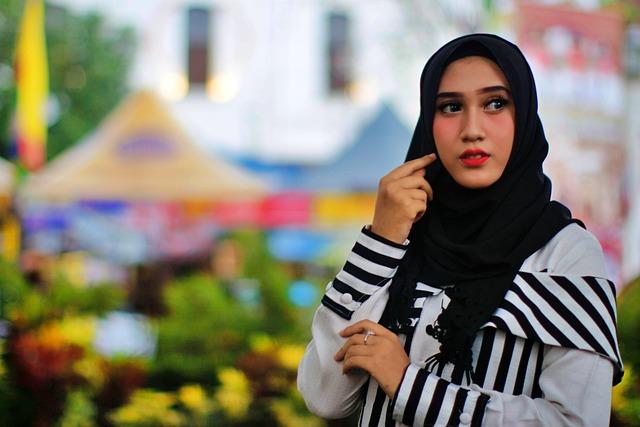Ramadan is a month of dedication, reflection, and discipline for devout Muslims. Fasting during this holy month gives insight into the suffering of millions of people around the world living in famine and poverty. A lack of water, disturbed sleep, and a poor diet, however, can affect the body and the skin adversely.
This is why TikTok dermatologist Dr. Muneeb Shah is encouraging people to take care of their skin during Ramadan. Using a skin brightener cream can also help to combat any hyperpigmentation or uneven skin tone that may result from the stress and lack of sleep associated with fasting during Ramadan.
He is also aiming to debunk myths surrounding skincare as well as emphasize the benefits fasting can have on the skin, as he has more than 17 million followers on TikTok. He believes that some skin conditions, such as psoriasis and acne, can actually improve during Ramadan due to the anti-inflammatory effects of fasting.
Here are Dr. Shah’s top tips for taking care of your skin during Ramadan:
- Hydrate: During fasting, the skin can easily lose moisture and lack hydration. Dr. Shah advises using more hydrating products and moisturising the skin after washing the face.
- Maintain a balanced diet: Eating heavily at sunset and before sunrise, and leaving out nutritious food groups because of the limited amount of time available to eat, may have a negative effect on your skin because of the limited eating time. Dr. Shah encourages moderation and breaking the fast with foods you enjoy.
- Keep it simple. While diet and sleep patterns significantly change during Ramadan, Dr. Shah believes that you can still use your normal skincare products. His simple three-step routine includes cleansing, moisturising, and applying sun cream during the day. For night, he recommends cleansing, applying a retinol, and moisturising again.
Content creator Farah Ferrero from Leicester also educates her followers on skincare during Ramadan. She believes that there is a lot of misinformation online about what skincare products you should and shouldn’t use during this holy month. She recommends double cleansing, which involves first removing makeup with an oil-based cleanser or micellar water, then cleaning again.
Transparency is key during Ramadan, and Farah is sharing her skincare journey with her followers. She believes that it’s okay to take shortcuts when you’re feeling lazy, such as using a wipe instead of cleansing the face thoroughly, but moderation is still important.
Ramadan is a time for physical and spiritual sacrifice, but that doesn’t mean you have to sacrifice your skin’s health. By following these simple tips from Drs. Shah and Farah, you can take care of your skin during this holy month.
